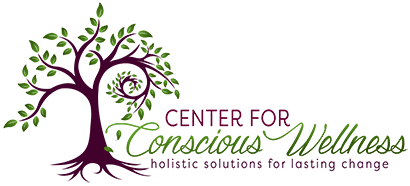Hi Reader,
I’m a little bewildered that it’s the end of April, I don’t know how that happened, time does seem to speed up each year. I presented my thesis and defended it last week, I am officially done with the Mind Body Masters program. My area of study was the placebo effect as a centralized healing response. There are some very interesting findings coming out of the research.
One that I have been very curious about is every study has had a spontaneous response, i.e. not something the researchers were looking for or asking about, by participants around hope. During exit interviews, participants are asked about their impression of the factors being researched. Many mentioned the infusion of hope into their life as a result of the research.
Last week, I talked with an old friend I haven’t talked to in a while; she’s in a tough season of life. We caught up and shared what was going on for us. As we were hanging up, she said I’m so glad we talked I feel so much more hopeful. I asked her to say more. She said there was a sense of being seen and that the possibilities for the future were more real somehow.
Hope plays a crucial role in the mind-body response and the healing process. It is often said that “hope is the best medicine,” and for good reason. Research has shown that hope can have a positive impact on both mental and physical health. Hope is associated with increased resilience, better coping skills, and a more optimistic outlook, which can lead to better health outcomes. Hope is also associated with a sense of purpose and meaning and can provide us with a sense of control and agency, which helps us to cope with difficult situations and improve our overall sense of well-being. It can serve as a catalyst for change, inspiring us to pursue our dreams and goals.
|
|
When we have hope, our body responds positively. Our brain releases chemicals such as endorphins and dopamine, which can boost our mood and reduce feelings of stress and anxiety. These chemicals can also have a positive effect on our immune system, helping us to fight off illness and disease more effectively.
It’s a win all the way around. When we have no hope it’s palpable, but how can we boost hope?
1 – Connection in positive supporting ways, both giving and receiving this type of support boosts hope.
2 – Practice gratitude, a timeless practice that shifts your focus to what’s going well is a wellspring for hope.
3 – Tend to your energy field, practicing energetic hygiene and moving energy helps keep a clean, clear flow that supports hope.
4 – Process your feelings, the energy of emotions can be overwhelming, but not dealing with them robs you of joy. Sometimes we need some help to gain perspective, create healthy coping mechanisms, and manage repetitive thought patterns a therapist, counselor, or coach can help.
5 – Have some fun, doing things that bring you joy creates the energy for more of the same.
6 – Setting a goal, working toward something big or small shifts the way you look at life.
What do you do to help you spark hope? Drop me a note and let me know
Be Well,
Cathy
|
|
P.S. If you’re looking for some tools to help you improve your mindset, energy, and stress level, check out the Heart Chakra Realignment
Upcoming Workshops, Classes, Challenges
~Realignment series topic specific pre-recordered mini classes with a mix of energy processes to move through blocks and heal.
~ Live workshop this Fall Redefine ~ Realign ~Rewrite – transforming from the inside out earlybird notification sign up coming soon
~ Clarity Sessions will be back in June more info next week
My private coaching/healing practice is currently full

